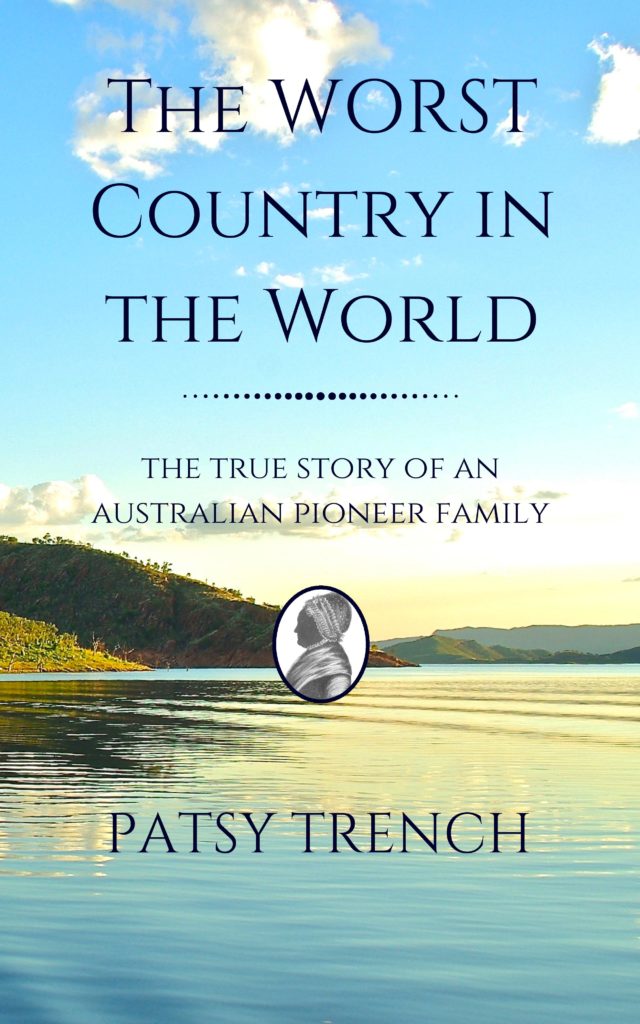This was my second visit to the Sydney Theatre Company’s The Secret River. The first was two years ago in a quarry outside Adelaide, with a sheer sandstone cliff as backdrop. (See my review of it here.) That majestical setting is impossible to beat, but the wide open spaces of the Olivier amphitheatre at the National Theatre in London come a relatively close second.

I would like to (but probably can’t) claim responsibility for the production’s rather brief transfer to the NT, via Edinburgh. I’ve been campaigning for it pretty ceaselessly on social media ever since that astonishing evening in 2017. It has always baffled me how little interest we Brits take in our colonisation of the country we named Australia, but judging from the standing ovation the play received from last night’s largely British (by the sound of them) audience, the production – and its rave reviews – has set some kind of ball rolling.
Unlike Kate Grenville’s book Andrew Bovell’s adaptation begins in New South Wales at the point where William Thornhill, a Thames boatman transported for stealing, receives his Absolute Pardon and transports himself and his family to what appears to be an ‘unoccupied’ 100-acre patch of land on the banks of the Hawkesbury River. The Aboriginal people, who are only shadows in Kate Grenville’s book, play major roles in the play, speaking their native – and untranslated – Dharug.
The show packs every bit as powerful a punch on second viewing. Memorable moments stand out, then as before, such as the use of flour to indicate gunsmoke, and the mingling of Dharug chanting with a London drinking song, the first eventually overpowering the second. In place of a sandstone cliff backdrop there is a curtain, on which the frightened and frantic William Thornhill draws a fence at the end of the play to protect himself, marking off the days as he does so.
What I took away from both productions was the even-handed way in which a family of well-meaning whites, displaced from their own country against their will, are shown desperately trying to survive in a strange country among people whose language and way of life they don’t understand. And how successfully the difficult Olivier space was transformed, through lighting, birdsong and musical effects, into the landscape of that hot, dry country so few people in England know anything about.
The cast, with some exceptions, is the same as before, with the notable exception of Ningali Lawford Wolf, who died suddenly and tragically during the play’s run in Edinburgh. Her place was taken by Aboriginal actress Pauline Whyman, flown in from Melbourne and reading from a script. How heartbreaking for an Aboriginal woman to die so far away from her home and family, and how devastating for the rest of the cast. It is the face of Ms Lawford Wolf, who played the narrator, that appears on the programme and on posters all around London. A fitting legacy.
Despite this, the performances are solid throughout. So from this humble audience member, a grateful thanks to all of the actors, and especially to the supremely talented Neil Armfield – who in a pre-performance talk spoke endearingly of how he always expects things to work out badly – and the likewise Andrew Bovell, who apparently tried his best not to become involved in this adaptation but was eventually ‘seduced’ by Cate Blanchett. So thanks to her too.
~~~

By way of a PS, my version of The Secret River, about my settler ancestors who ‘took up’ land on the Hawkesbury not far from the fictional William Thornhill, and at much the same time, is being discounted on Amazon as an ebook in Australia and elsewhere during the month of September.
BUY NOW! AND BUY HERE!
© Patsy Trench
August 2019
